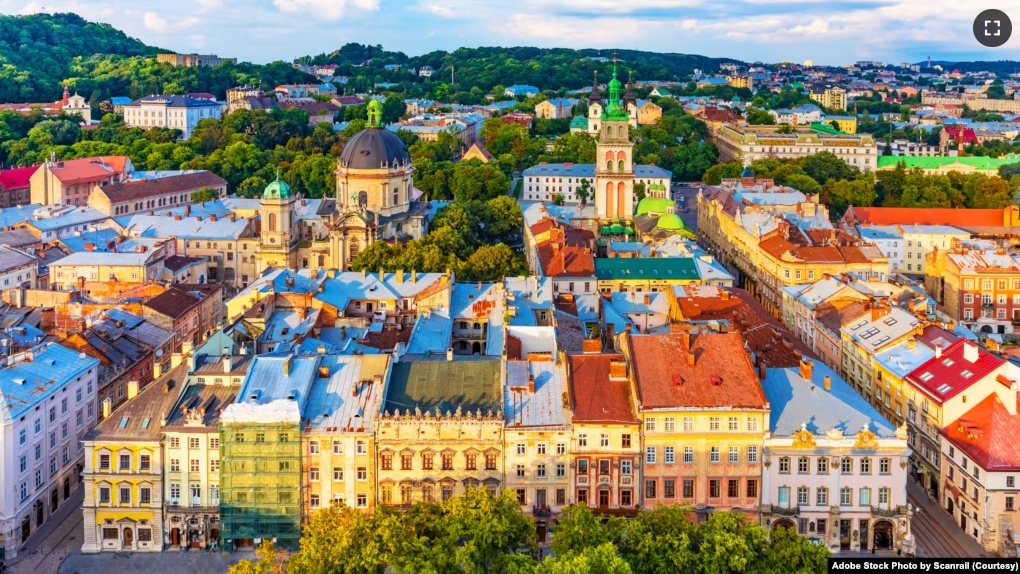Editor’s note: This story is one of the winning entries from the “Teach Us about Ukraine” writing contest sponsored by VOA Learning English and GoGlobal.
I’m Oksana Kostyrko and I teach history in Bobrovytsia School No. 1.
It is a warm October day. The wind catches a yellow maple leaf and carries it along the old cobblestone street. This road has witnessed a thousand years of history.
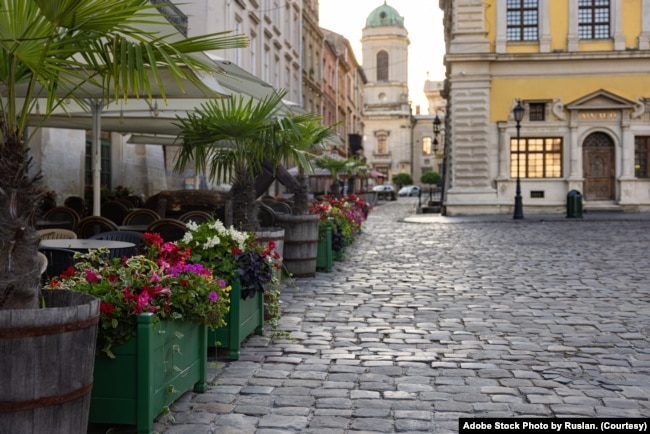
You would think I could find a better way to spend my time than contemplating a cobblestone street. But truly, I cannot. Wrapped in a warm checkered blanket with a cup of coffee in my hand, I sit on the streets of Lviv, observing a maple leaf drifting in the wind.
The poet Ivan Franko likely walked this old cobblestone street. His words were both tender and encouraging.
“Many times in a dream it appears to me,
Oh dear, your image is so beautiful
How clear in the youth of spring,
In the best waves of fresh love.”
The famous historian Mikhaylo Hrushevsky may have rushed down this street on his way to Lviv University.
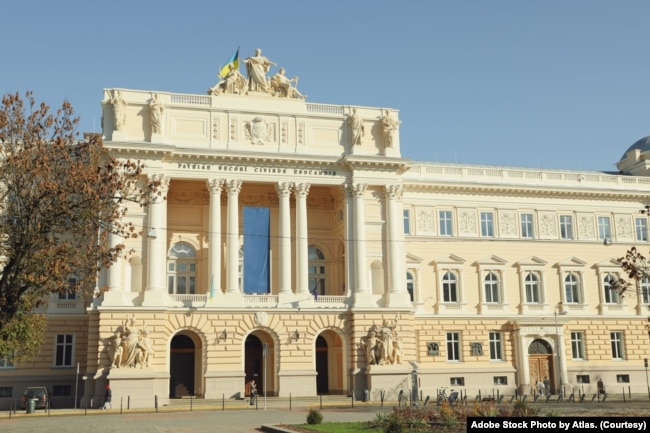
Ordinary people, simple Ukrainians, joined hands here to connect Lviv and Kyiv in a chain of unbreakable unity and love for their homeland.
Lviv is a city of aristocratic tranquility disrupted by the chatter of people discussing the taste of coffee. This flavor is unmistakable – bitter, spicy, aromatic. It’s not just a drink; it represents the history of an ancient city.
Nobody knows for sure when the first cup of coffee was drunk in Lviv. It became popular in the 18th century when it was imported from Austria and Turkey.
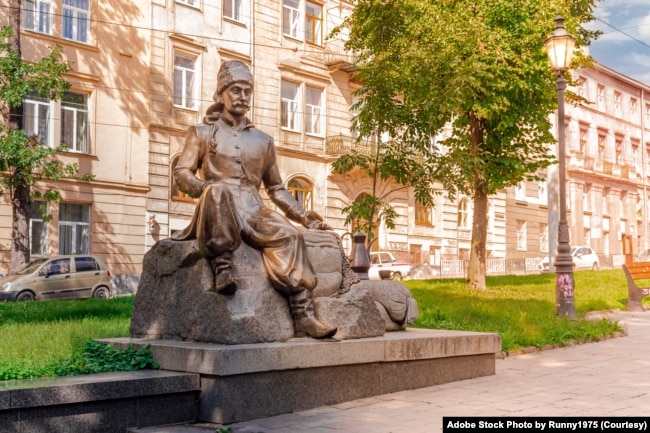
Credit goes to Ukrainian Yuri Kulchytsky for making coffee popular in the Austrian empire, beginning with a tiny coffee shop he opened in the 1680s.
Not everyone liked the bitter taste of coffee, but later honey, sugar, and milk were added to it. Since then, coffee has become popular, and today you can taste 30 ways to make coffee in Lviv.
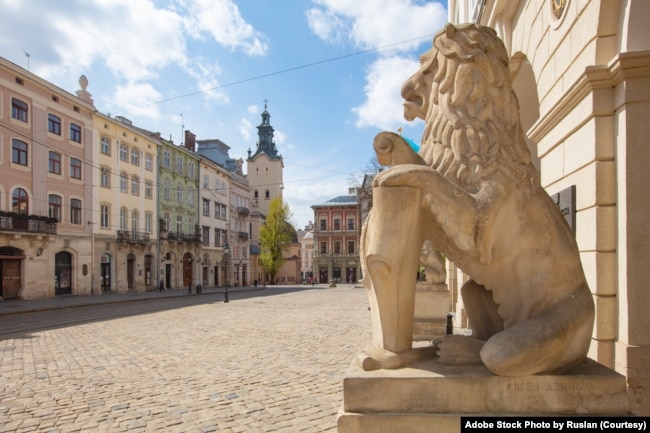
The city’s symbol is the lion, representing a fortress that’s not easily conquered. Lviv is a place where many languages and cultures merge, the way coffee blends with water and milk to create something new.
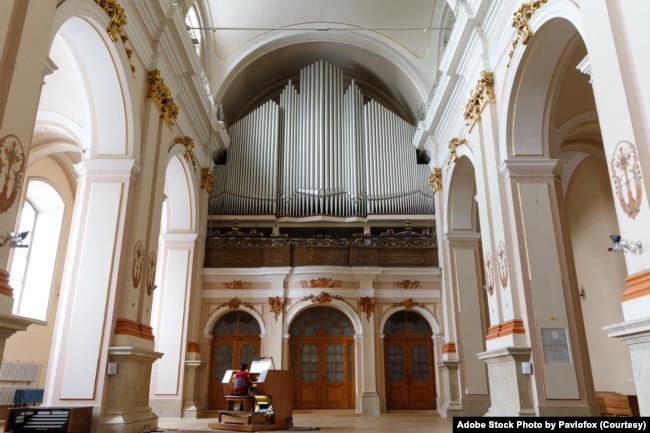
Lviv’s music is diverse, as well. You may hear an organ playing or the sounds of street artists. The sounds are different, but each sound warms you. You don’t even notice the lightness of your clothing in the cool weather.
Come to Lviv. You won’t regret it! Its tastes and sounds will linger in your memory for a lifetime.
I’m Jill Robbins.
__________________________________________________
About the writer
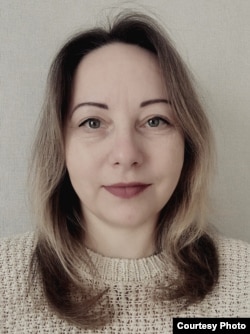
Oksana Kostyrko teaches history in the Chernihiv region. She studied at Bobrovytsia School No. 1 and Taras Shevchenko University of Chernihiv, has taught for 20 years and loves her students and her work. She likes to conduct open lessons on various topics about Ukraine, the world, and people.
